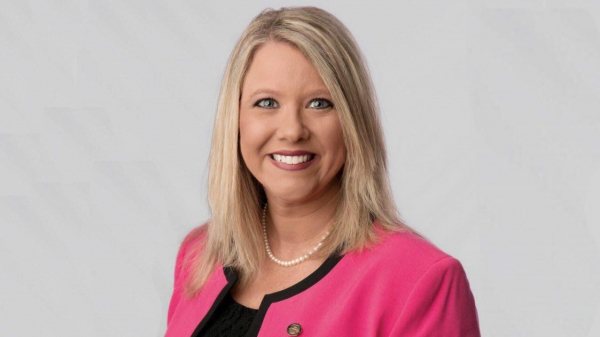In a consequential ruling issued Wednesday, the U.S. Supreme Court upheld Tennessee’s law restricting gender-affirming medical care for minors, signaling implications for other states with similar bans, including Alabama.
Chief Justice John Roberts authored the majority opinion, joined by five other conservative justices, asserting that the Tennessee statute regulates medical procedures based on age and diagnosis rather than targeting individuals based on sex or gender identity, a form of sex discrimination that would violate the Constitution’s 14th Amendment.
Alabama policymakers have already passed similar legislation. Governor Kay Ivey signed the Vulnerable Child Compassion and Protection Act into law in 2022. Portions were entangled in federal court until early last month, when the families challenging the law filed a stipulation of dismissal.
With the highest court in the country greenlighting Tennessee’s approach, Alabama lawmakers are now likely to see a clear legal lane to enforce or even broaden existing restrictions on care for trans youth.
Medical organizations, including the American Academy of Pediatrics and the American Medical Association, have consistently described gender-affirming care for minors as evidence-based and, in many cases, lifesaving.
The court declined to apply heightened scrutiny to laws affecting transgender people, choosing instead the lowest threshold of constitutional review. For Alabama, that means the bar for justifying discriminatory legislation has been substantially lowered.
Lawmakers need only assert a “legitimate interest” to defend restrictive laws, often framed as protecting children. This opens the door for additional proposals next legislative session, not just on healthcare but potentially extending into education and family law.
Members of Alabama’s congressional delegation and state leaders applauded the ruling. U.S. Rep. Robert Aderholt, R-Ala., called the ruling a “moral imperative.”
“I applaud the Supreme Court’s decision to uphold Tennessee’s law safeguarding our most vulnerable, our children, from irreversible and unnecessary medical treatments that carry dangerous risks,” said Aderholt.
Gov. Ivey took to social media to praise Attorney General Steve Marshall for his work defending the gender-affirming care ban in Alabama and the ruling.
“In states like Alabama and Tennessee, we protect our children,” said Ivey.
Attorney General Steve Marshall also celebrated the country’s highest court for the ruling and emphasized that a few years prior, the idea of “providing sex-change procedures to children was practically unthinkable.”
“I applaud the Supreme Court for recognizing that state governments have the authority and responsibility to regulate medicine in the face of medical interest groups that have placed radical gender ideology over evidence-based medicine and patient welfare,” said Marshall.

















































